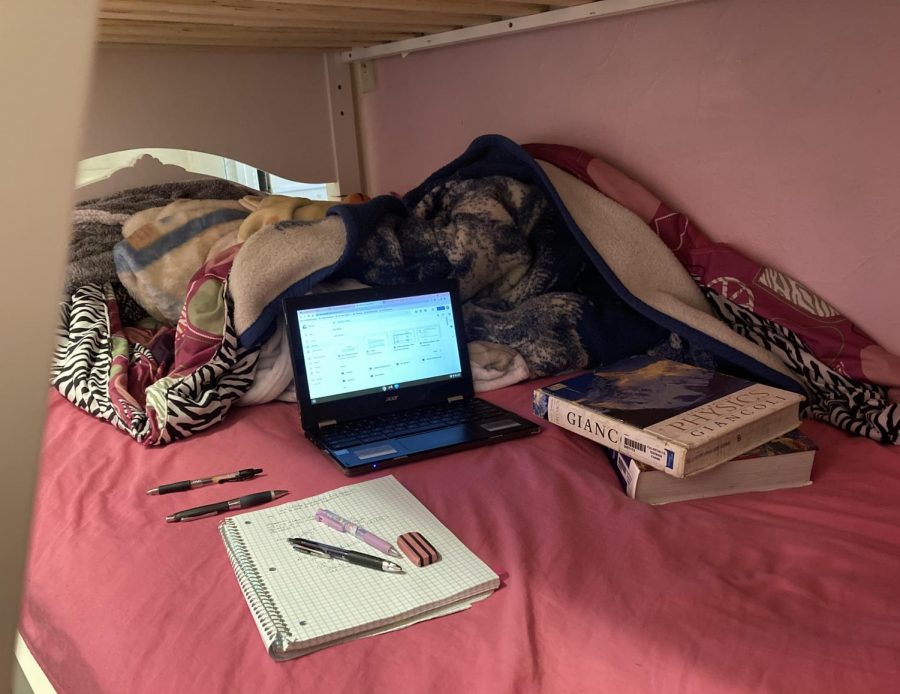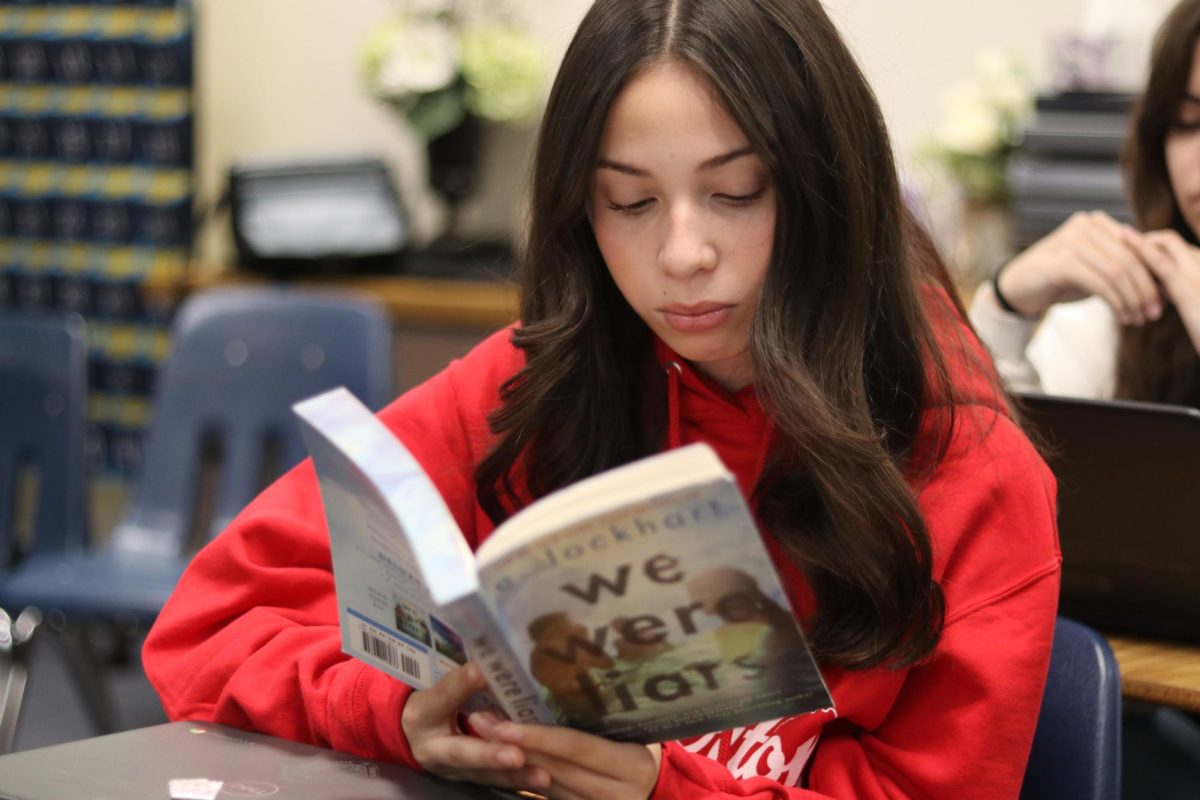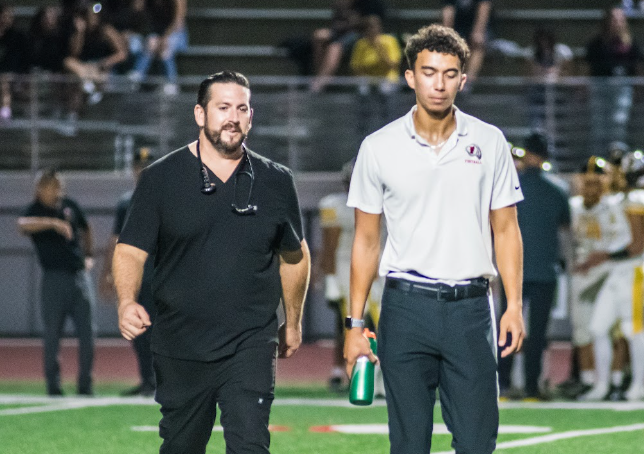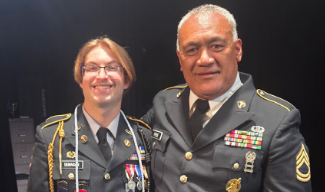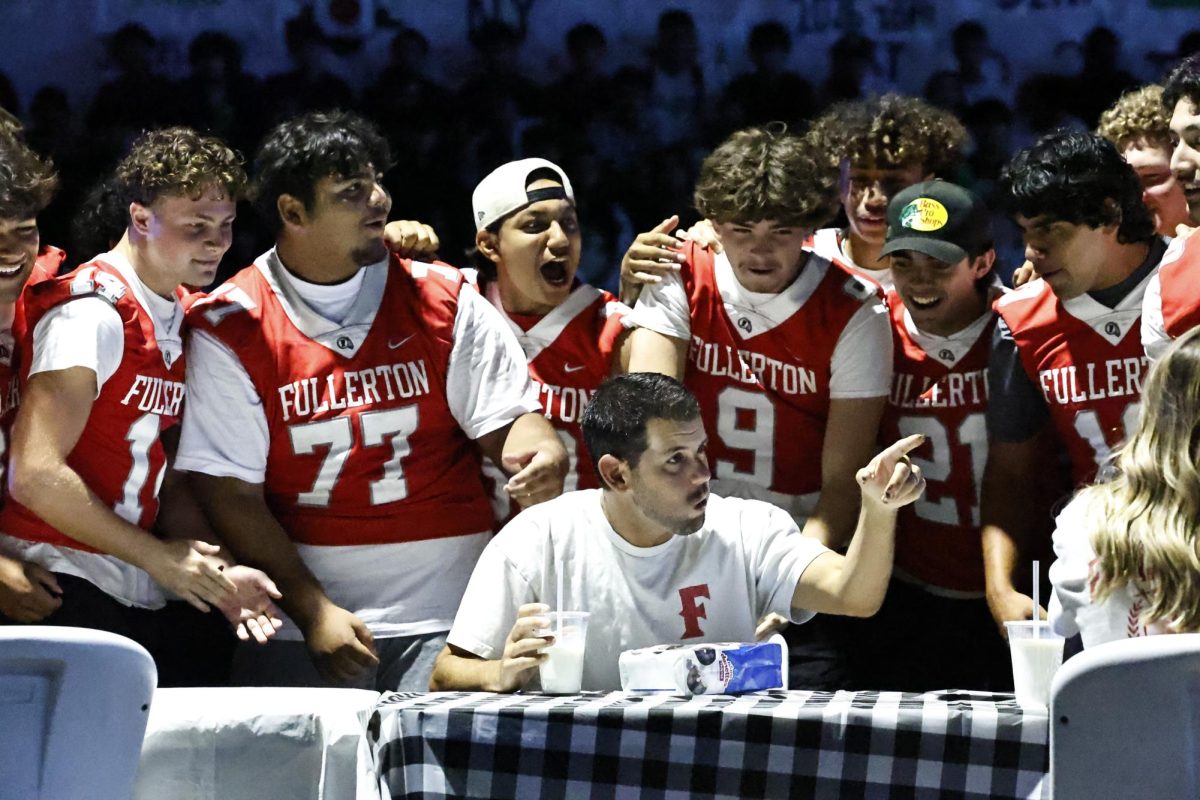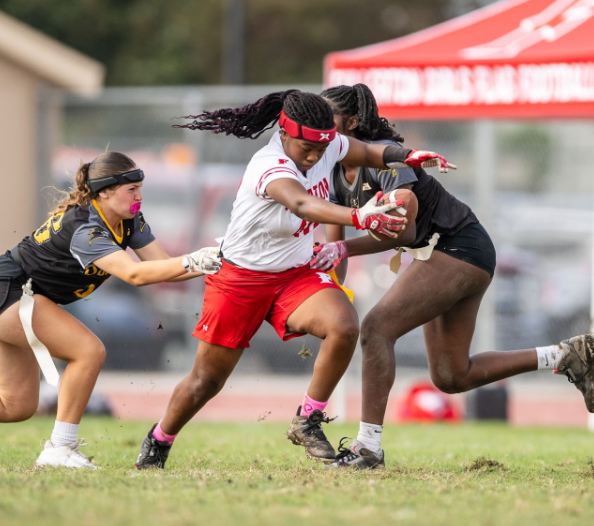“I knock. The door opens and I see bunk beds right in the living room, you know, and cardboard pieces are temporary walls to kind of divide up the room,” said assistant principal Steve Garcia, who visits struggling FUHS families. “I’ve seen a kitchen where there’s a bed in there. They can reach out and kind of open a stove from the bed. That’s how close they are.”
Since COVID restrictions began a year ago, many families have been forced to share already limited space with extended family members just to get by.
Garcia says some struggle to eat.
“Our staff members have gone so far as, bless their hearts, to have deliveries of groceries dropped off at students’ homes because they’re saying, ‘Hey, we don’t have enough food’ or whatever the case might be,” he said.
One student has not seen her mom since last March. She’s living with her two older brothers, but they’re not older by much.
“So the two older brothers are helping raise her but it’s just, you know, she needs Mom and so she had kind of a little breakdown,” said Garcia, who then brought in another professional to provide help.
But some students need drastic intervention.
“If we need immediate support, you know, sometimes there are trips to the emergency room. We have what we call ‘a possible hold’ and those are decisions made by the police and child and family services,” Garcia said. “They’ll evaluate the situation and they’ll say, ‘You know what, Mr. Garcia, we’re gonna need to take in our boy for additional mental health evaluation.’ They place a kid on a hold for up to three days to see if there’s anything else that’s going on, and they provide very very intense therapy and support because they don’t want [the student] to hurt themselves or hurt someone else.”
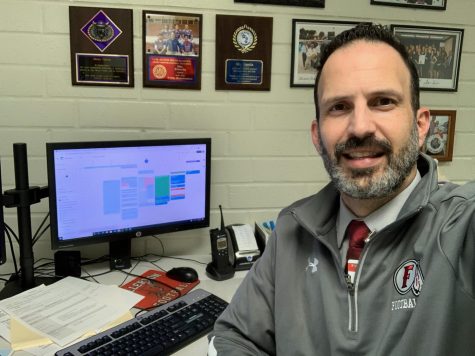
Garcia says that there are smaller interventions that can improve student mental health.
“Sometimes it’s just a matter of calling people by their names,” he said. “Even when we had school here we had kids that would go through the day without anyone connecting. No one calls them, no one talks to them, they go through passing period but they don’t walk with anyone. It’s like they’re invisible. Sometimes it’s a matter of recognition. ‘Hey, good morning.” Just some of those small details.”
Providing a solid education is, of course, a top priority, but Garcia doesn’t expect students and teachers to ignore the stress of the pandemic.
“I know that all of our families, in some form, are struggling with loss, they’re struggling with illness, they’re struggling with financial concerns. It’s affecting everybody.”
Some students struggle with feeling positive about school because they haven’t had a chance to build relationships or build trust.
“It’s like being in solitary confinement in our own homes, not being able to build relationships. Kids are not turning their cameras on [during Zoom meetings] because they feel a relationship is not yet developed for them to be comfortable, not just with teachers but with each other. You have to work hard to build on these relationships and the student has to feel safe.”
Students and parents who need help should reach out to the school counselors, who can also help families connect with community resources. The school website has a separate tab labeled “Mental Health.” The pulldown menu has the link to Care Solace.
Garcia says the Care Solace link is more than a list of phone numbers. It provides an initial survey that will help people connect to the right services.
“Care Solace will ask certain questions about you and with those questions it will direct you to a list of clinics and offices to where you can make appointments,” he said. “For our kids who are struggling, please use us. We’re not mental health professionals, that’s not what we got into the business for, but allow us to make those connections. Let us get you what you need.”
News editor Jameson Oates contributed to this story.
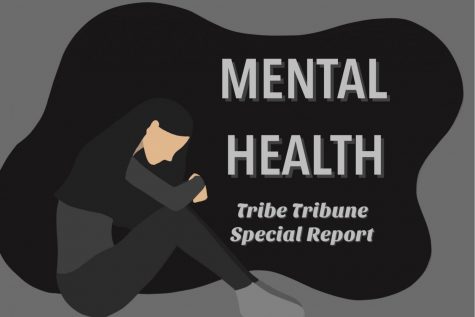
Related Stories:
Doctor says don’t tell troubled teens ‘just get over it’
‘Theater kid’ misses life before COVID
Let’s talk about mental health, for real

